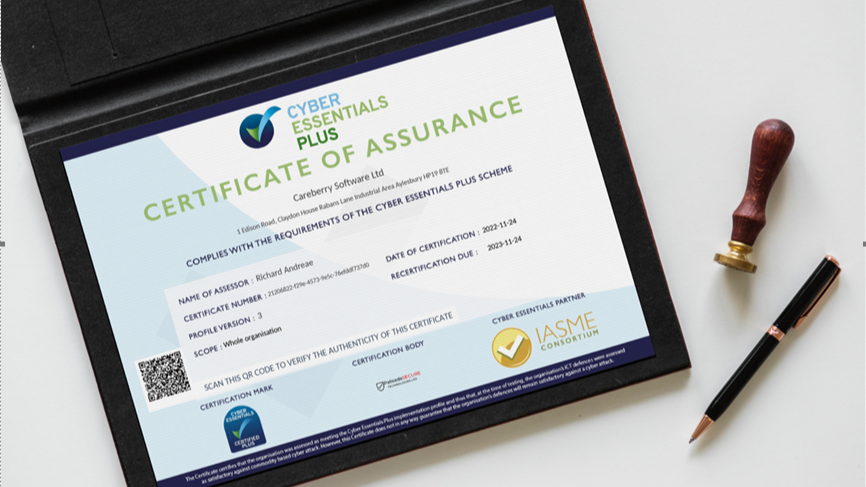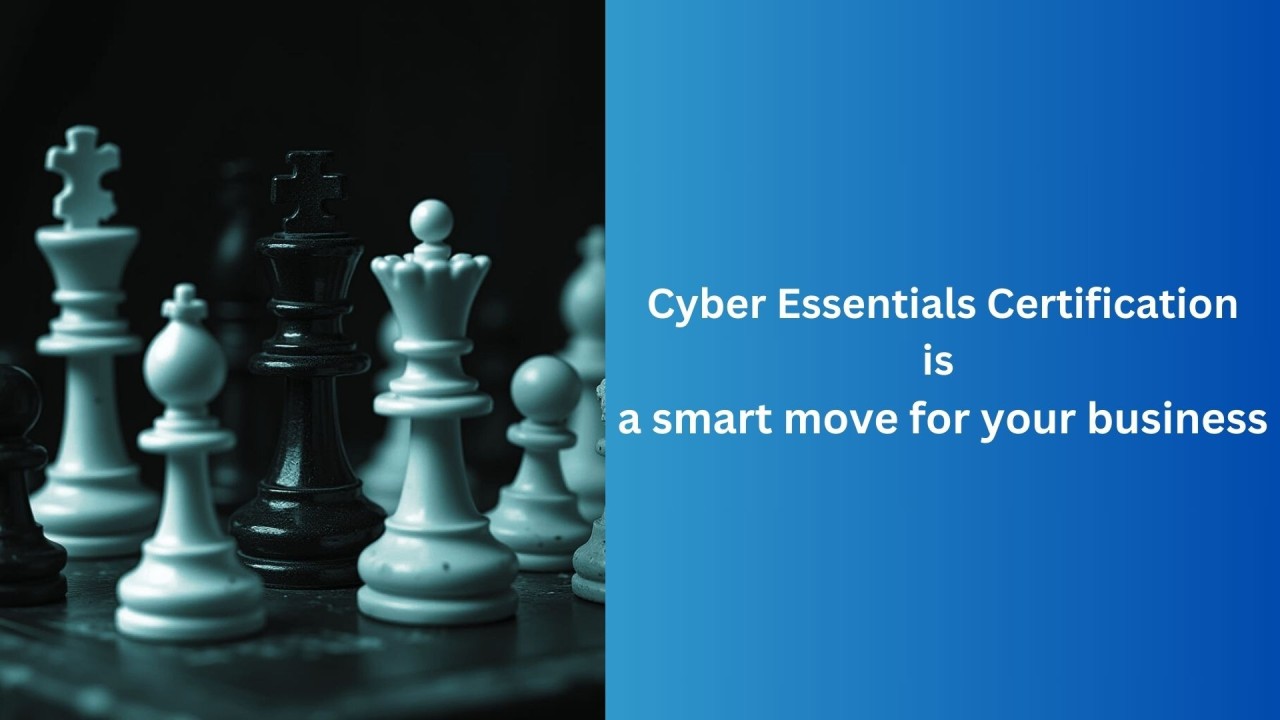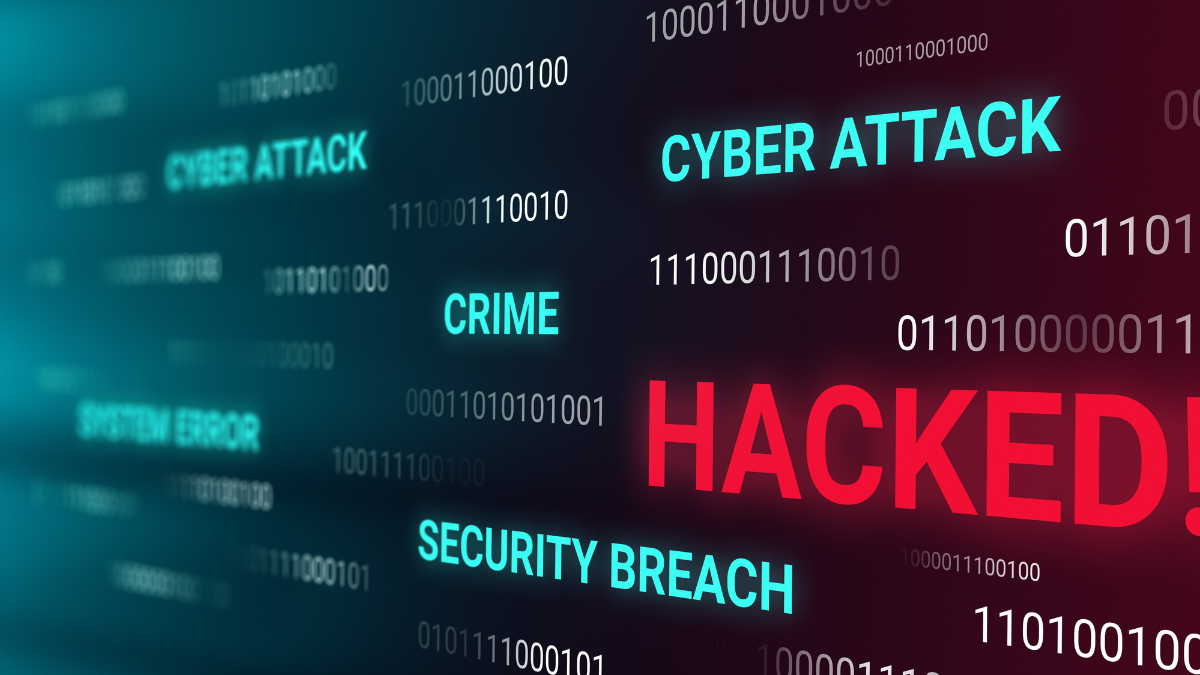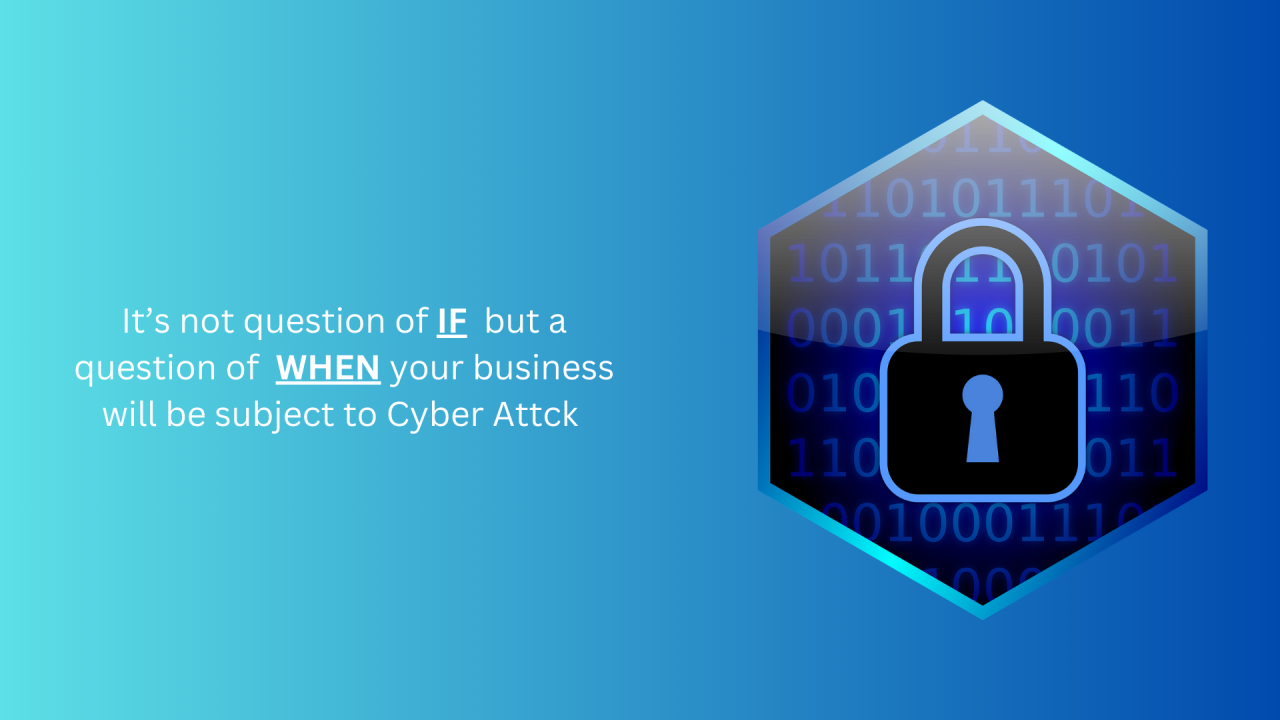Cyber Essentials certification is recognised as a standard because it establishes a baseline of cybersecurity measures that help organisations protect against common cyber threats. It’s not a guarantee against all cybercrime; instead, it provides a strong foundation and builds a framework for cybersecurity by ensuring that key controls are in place to defend against common cyberattacks.
Here’s why it holds significance:
- Government Backing – The UK Government introduced Cyber Essentials in 2014, developed by the National Cyber Security Centre (NCSC), which is part of GCHQ, to help businesses improve their cybersecurity posture and defend against common cyber threats. It is mandated for suppliers handling sensitive data, making it a widely accepted standard.
- Industry Recognition – Cyber Essentials certification is recognised across industries in the UK as a benchmark for cybersecurity hygiene, giving businesses credibility. The alternative certification is ISO 27001. The majority of businesses and government contracts require suppliers to hold Cyber Essentials certification as proof of security compliance, especially those handling sensitive or personal data.
- Risk Reduction – The certification provides a structured approach to cybersecurity by covering five key areas: firewalls, secure configurations, user access control, malware protection, and patch management. By implementing Cyber Essentials, organisations can mitigate up to 80% of common cyberattacks. It’s an excellent approach to building a robust security framework for your company.
Would you like assistance in obtaining Cyber Essentials certification? We’re always here and ready to help!
Email: Cyber@lanix.co.uk




